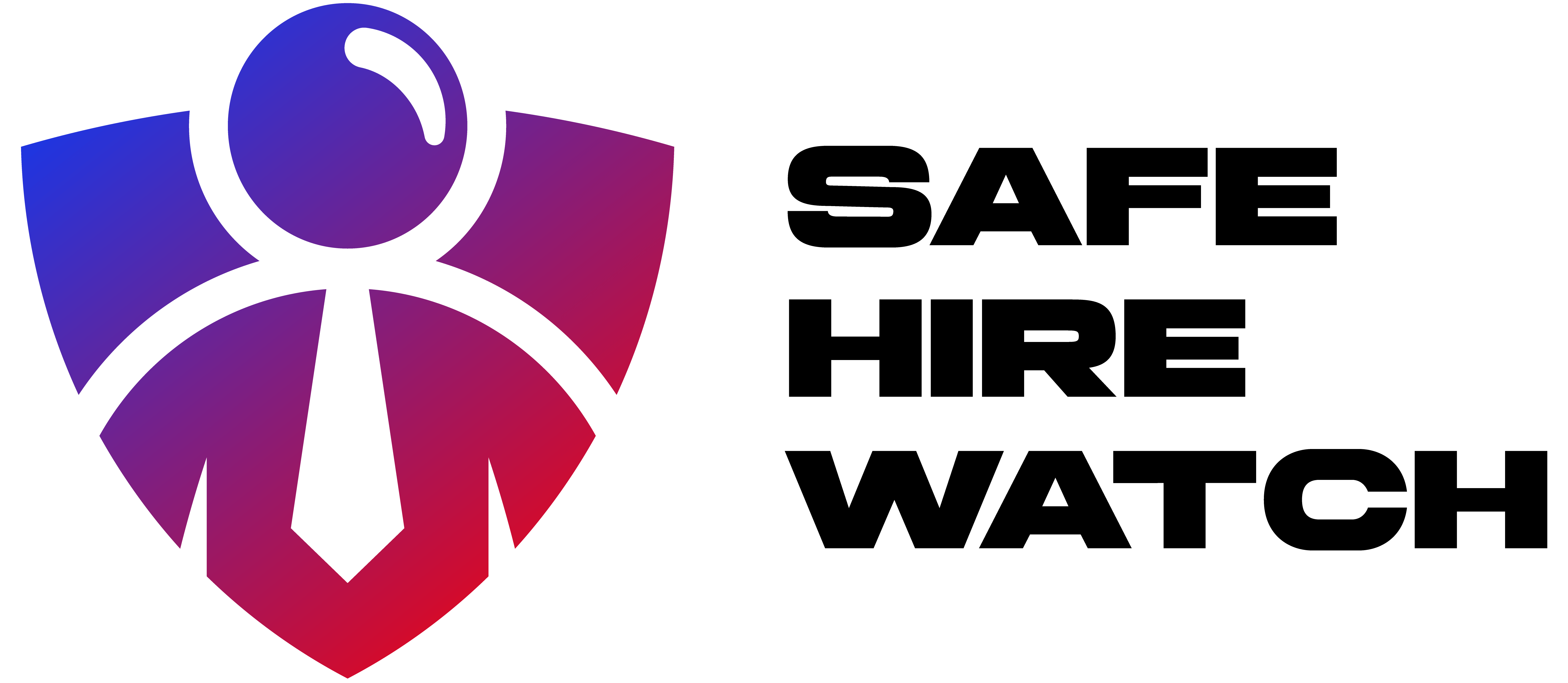The Impact of AI Adoption on HR Policies and Young Employees
As artificial intelligence (AI) continues to revolutionize industries, its integration into human resources (HR) has brought both opportunities and challenges. While AI streamlines processes like recruiting, onboarding, and performance evaluation, it also raises concerns about transparency, bias, and data privacy. For young employees entering the workforce, understanding AI’s role in HR is essential for navigating modern workplace dynamics.
AI’s Role in Modern HR
AI adoption in HR has grown significantly, with applications that include:
- Recruitment Automation: AI tools like applicant tracking systems (ATS) analyze resumes, screen candidates, and schedule interviews.
- Employee Performance Management: Algorithms track productivity and suggest training opportunities based on data-driven insights.
- Workplace Analytics: AI assesses employee engagement and predicts turnover trends.
- Learning and Development: AI-powered platforms create personalized learning paths to support career growth.
A 2024 survey by the Society for Human Resource Management (SHRM) found that 72% of organizations have implemented at least one AI-driven HR tool, a sharp increase from just 50% two years ago.
Opportunities for Young Professionals
AI tools bring several advantages for young employees:
- Streamlined Application Processes: Automation reduces the time spent navigating complex hiring procedures.
- Personalized Learning: AI platforms can recommend tailored courses or training to help early-career professionals upskill.
- Fairer Evaluations: When used correctly, AI minimizes subjective biases in performance reviews.
Concerns for Young Employees
Despite its benefits, AI adoption also raises challenges:
- Bias in Algorithms: AI tools can inadvertently perpetuate biases if trained on unrepresentative data. For example, recruitment systems may favor certain demographics, unintentionally disadvantaging young candidates from diverse backgrounds.
- Transparency Issues: Many employees are unaware of how AI-driven decisions, such as resume filtering or performance tracking, are made.
- Data Privacy Risks: The collection of employee data by AI systems has sparked concerns about misuse and surveillance.
The Need for AI Policies
Despite widespread adoption, policy development has lagged behind. A 2024 study revealed that only 60% of HR professionals reported having an AI Acceptable Use Policy in place. This gap leaves room for inconsistencies and ethical concerns.
To address these issues, HR departments should:
- Develop Comprehensive AI Policies: Outline how AI tools are used and ensure employees are informed about their purpose.
- Implement Bias Audits: Regularly test AI algorithms for fairness and equity.
- Safeguard Employee Data: Establish strict protocols for data security and limit access to sensitive information.
Advice for Young Employees
To adapt to AI-driven workplaces, young professionals can:
- Understand AI Tools: Learn how AI systems impact hiring, evaluation, and development.
- Ask Questions: Seek clarity on how AI decisions are made and ensure transparency in processes affecting their career.
- Leverage AI for Growth: Use AI-powered learning platforms to develop new skills and stay competitive.
HR’s Role in Bridging the Gap
HR teams must take proactive steps to ensure AI benefits all employees:
- Foster Transparency: Clearly communicate how AI tools work and their intended purpose.
- Provide Training: Offer workshops to help employees understand and adapt to AI technologies.
- Advocate for Ethical Use: Partner with technology providers to address bias and prioritize fairness in algorithm design.
Conclusion
AI has transformed HR practices, offering young employees new opportunities to succeed while introducing unique challenges. For organizations, the key to successful AI adoption lies in developing transparent policies and ethical frameworks. For young professionals, understanding AI’s role can help them navigate its impact and leverage its potential to enhance their careers.






